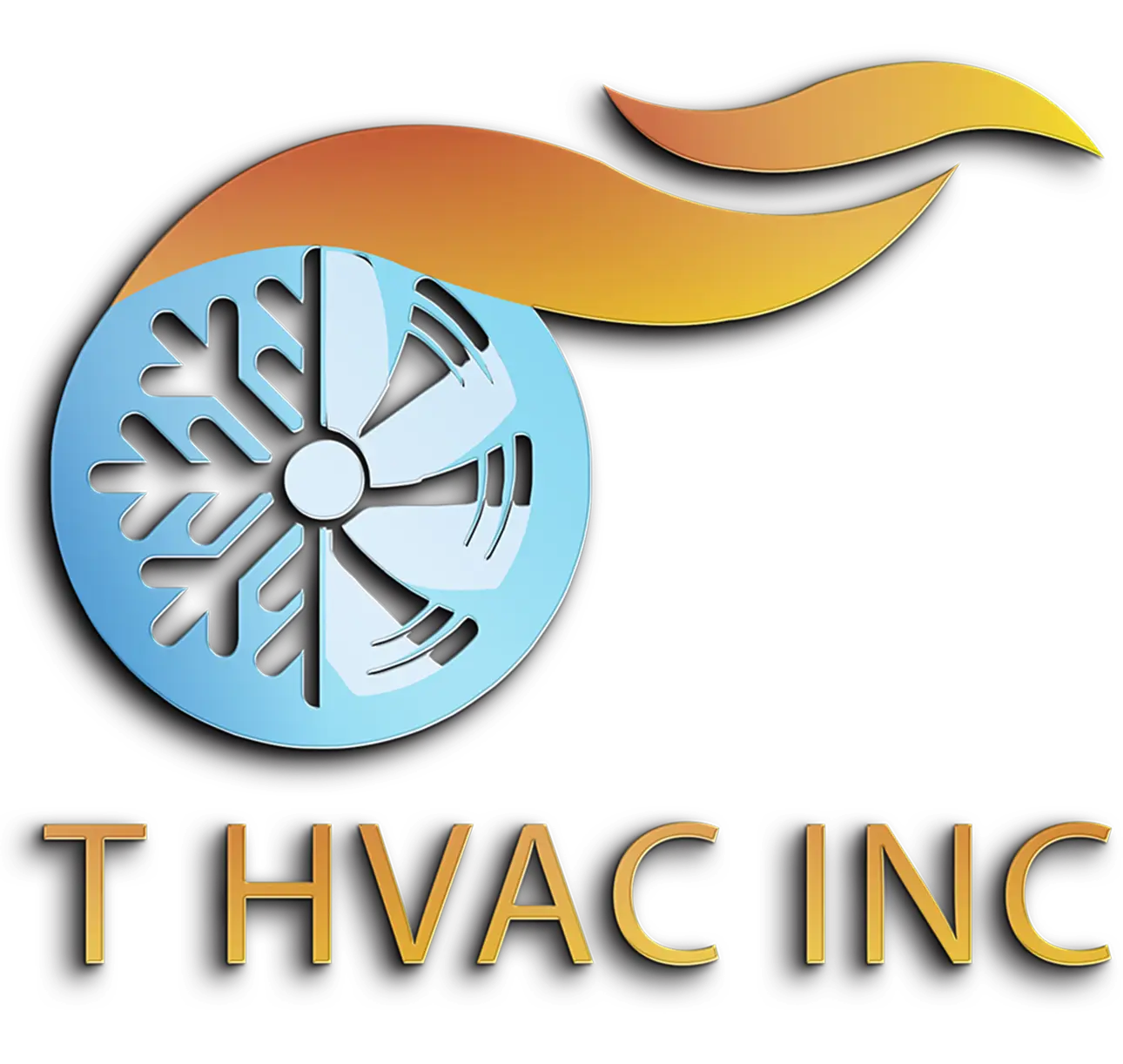Tips for Optimizing Your Air Conditioning System
Optimizing your air conditioning system can help improve its efficiency, extend its lifespan, and reduce energy costs. Here are some essential tips to ensure your AC unit operates at its best:
1. Regular Maintenance
Schedule annual maintenance with a professional HVAC technician. Regular check-ups can identify potential issues before they become major problems and keep your system running efficiently. Maintenance typically includes cleaning coils, checking refrigerant levels, and inspecting electrical components.
2. Clean or Replace Air Filters
Dirty air filters restrict airflow, making your system work harder to cool your home. Replace or clean filters every 1-3 months, depending on the type of filter and your household environment. This simple step can significantly improve your system’s efficiency and air quality.
3. Seal and Insulate Ducts
Leaky ducts can lead to significant energy loss. Ensure that all ducts are properly sealed and insulated to prevent cool air from escaping. This can improve the efficiency of your system by up to 20% (Semrush) .
4. Use a Programmable Thermostat
A programmable thermostat allows you to set temperature schedules that match your daily routine. This helps reduce energy usage when you’re not home, saving money on your utility bills. Smart thermostats can learn your habits and make automatic adjustments for optimal efficiency.
5. Keep the Outdoor Unit Clean
The outdoor unit (condenser) should be kept free of debris, leaves, and dirt. Make sure there is at least two feet of clearance around the unit for proper airflow. Regularly cleaning the condenser coils can enhance the unit’s ability to dissipate heat.
6. Optimize Thermostat Settings
During the summer, set your thermostat to the highest comfortable setting. The U.S. Department of Energy recommends setting your thermostat to 78°F (26°C) when you are at home and raising it when you are away. Each degree you raise the thermostat can save you about 3-5% on cooling costs .
7. Use Ceiling Fans
Ceiling fans can help distribute cool air more evenly throughout your home, allowing you to set the thermostat a few degrees higher without sacrificing comfort. Remember to turn off fans when you leave a room, as they cool people, not spaces.
8. Avoid Heat Buildup
Reduce indoor heat gain by closing blinds or curtains during the hottest part of the day. Avoid using heat-generating appliances like ovens and dryers during peak cooling hours. Using LED bulbs instead of incandescent lights can also reduce heat production.
9. Upgrade to an Energy-Efficient Model
If your air conditioner is over 10-15 years old, consider upgrading to a more energy-efficient model. Modern units have higher SEER (Seasonal Energy Efficiency Ratio) ratings, which can significantly lower your energy consumption and costs.
10. Check for Proper Refrigerant Levels
Low refrigerant levels can reduce the efficiency of your air conditioning system and lead to compressor damage. If you notice a decrease in cooling performance, have a technician check and refill the refrigerant if necessary.
By following these tips, you can ensure your air conditioning system operates efficiently, providing you with optimal comfort and energy savings throughout the summer months.
